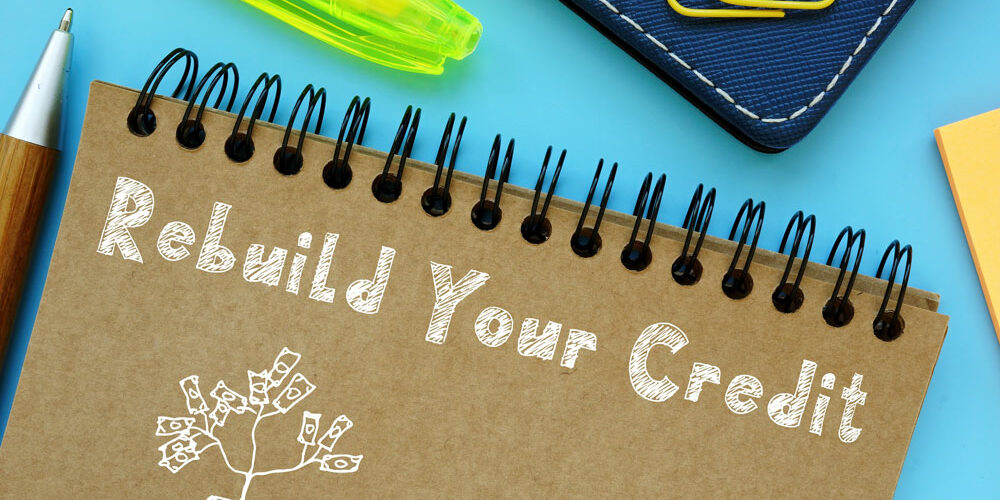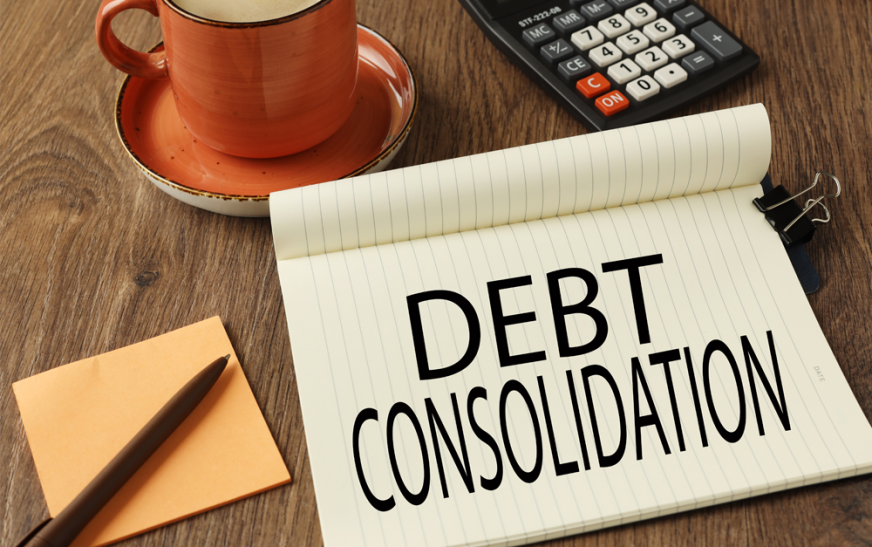Smart Tips to Manage and Reduce Credit Card Debt

To manage and reduce your credit card debt, you first need to understand how much you owe and who you owe it to. Many people have multiple credit cards, each with a different amount, interest rate, and due date. The first step is to sort through all of your credit card accounts and write down all of your balances, minimum payments, and interest rates. This will make it easier to understand your balances. Once you understand your debt situation, you can set achievable goals and create a plan that fits your income and lifestyle. Understanding your situation is the first step to getting your debt under control.
Pay Off High-interest Debt First
Once you know how much you owe, the next step is to find the credit cards with the highest interest rates. These cards have the highest interest rates in the long run. If you only pay the minimum payment each month, you will stay in debt longer because a large portion of that goes to interest payments. You can lower your total interest by making extra payments on high-interest accounts while maintaining minimum payments on other accounts. This plan will help you pay off your debt faster and easier.
Create a Realistic Budget
If you’re dealing with credit card debt, you need a solid budget. Creating a budget can help you understand where your money is going and where you can make adjustments to get more money to pay off your debt. First, write down your monthly income. Then, make a list of all your major expenses, such as rent, utilities, groceries, and transportation. Set aside a certain amount of your remaining balance to pay off your credit card debt. Sticking to a budget can be tough at first, but over time, it becomes a powerful tool for staying debt-free and financially stable.
Avoid New Purchases on Your Credit Cards
Stopping to use your credit cards for new purchases is one of the most important ways to pay off your debt. As your balance grows, it becomes harder to pay off your debt. Switching your everyday expenses to cash, debit cards, or prepaid cards can help you pay off your debt faster. This will prevent you from giving in to desires and will help you be more disciplined. By canceling new credit cards, you will prevent your hard-earned savings from being lost to new debt.
Negotiate a Lower Interest Rate
Many credit card companies will lower your interest rate if you have a track record of making timely payments or if you can demonstrate that you have trouble paying your bills. If the interest rate margin is smaller, more of your payment will go toward paying down the principal and less toward interest. Contact your card issuer to ask for a lower interest rate. Even if you pay a little less each month, you can pay off your debt faster.
Consider Transferring your Balance for Better Terms
A balance transfer involves moving your credit card debt to a new card with a lower interest rate, usually starting at 0%. This will save you a lot of money on interest and make it more likely that you will pay off your principal. However, be aware of the transfer fees and make sure you pay off your entire balance before the offer ends. Balance transfers are best done as part of a larger plan to get out of debt, not just to postpone payments.
Explore Debt Restructuring Options
If you have a lot of high credit card debt, fixed monthly payments can help you get it under control. You can apply for a personal loan, a home equity loan, or a free debt settlement plan from a credit counseling service. Debt settlement can lower your interest rate and potentially reduce your monthly bills. It’s important to choose a plan with a lower interest rate and lower billing so you can manage it without taking on additional risk.
Track Your Progress and Stay Motivated
Paying off your credit card debt can take time, so it’s important to track your progress and celebrate small steps. Every time you reach a goal, such as paying off your first credit card or reducing your total debt by a certain amount, you’re one step closer to your goal. Use an app or chart to track your progress. Staying focused and determined will help you continue to make good decisions and avoid setbacks. The journey may be long, but every step forward will speed up the process.
Conclusion
Credit card debt must be managed and reduced through vigilance, self-discipline, and forward planning. Calculate your total debt amount and then focus on the portion with the highest interest rate. Create a budget that suits your needs, and do not add new charges to your credit cards. Lowering interest rates, debt transfers, and automatic payments are all useful tools. If you can get better terms for debt settlement, do so. Also, stop unnecessary spending and look for ways to earn extra income when you can. The most important thing is to follow your growth and not give up. With the right attitude and perseverance, you can get out of debt and achieve financial freedom forever.
FAQs
1. How long does it take to pay off credit card debt?
The repayment time depends on your monthly payment amount, the amount owed, and the interest rate. If you pay more than the minimum, you will pay it off faster.
2. Do I have to pay off my credit card debt after I have paid it off?
Not always. Keeping a paid-off credit card account open can improve your credit score because it keeps the account open and increases your available credit.
3. How should I prioritize if I have a lot of credit card debt?
Many people pay off high-interest debts first (the “avalanche method”) or pay off smaller debts first (the “snowball method”).
4. Will my credit score go up after I pay off my credit card debt?
Yes. If you keep your payments low and use less of your available credit, your credit score will likely go up over time.
5. Should you take out a personal loan to pay off your credit card debt?
Perhaps, especially if the interest rate is low and the amount is fixed. But it’s wise to consider all your options first so you don’t feel guilty later.






